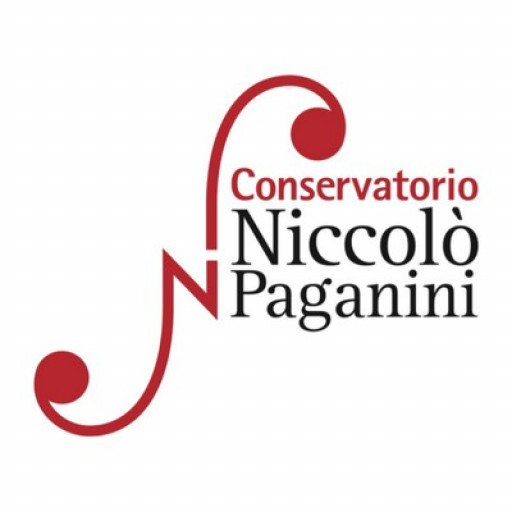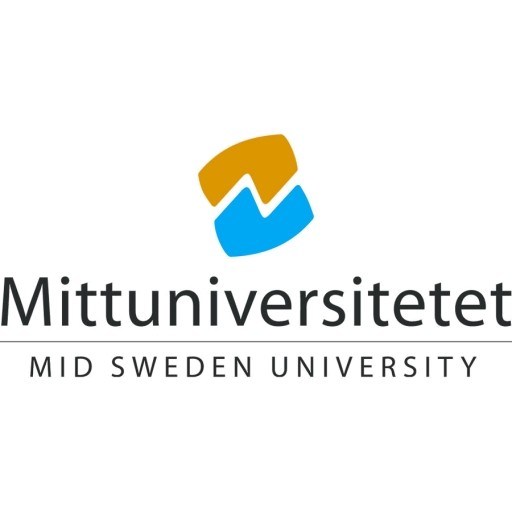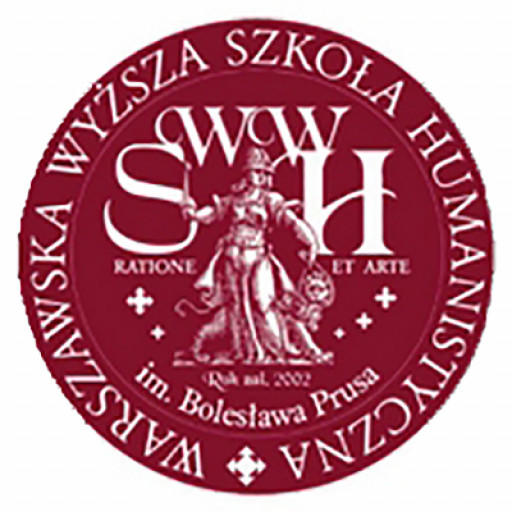Photos of university
The Bachelor of Arts in Journalism at Technological University Dublin offers students a comprehensive and dynamic education in the core principles and practices of modern journalism. This programme is designed to equip students with the essential skills needed to succeed in the fast-paced and ever-evolving media landscape. Throughout the course, students will engage with a wide range of topics, including news reporting, multimedia storytelling, investigative journalism, media law and ethics, and digital media production. The curriculum combines theoretical knowledge with practical training, providing opportunities for students to develop their reporting skills through hands-on assignments, live projects, and work placements. Emphasizing innovation and ethical journalism, the programme prepares graduates to operate responsibly in diverse media environments, including print, broadcast, online, and social media platforms. Students will learn to craft compelling stories, develop critical thinking abilities, and utilize modern technology and software tools to produce professional-grade content. The programme also encourages students to understand national and international media landscapes, fostering an awareness of cultural diversity and societal issues. With access to state-of-the-art facilities, including editing suites, radio studios, and digital media labs, learners are supported in their creative and technical development. The BA in Journalism at TU Dublin aims to produce highly skilled, adaptable journalism professionals ready to meet the demands of the dynamic media industry, contributing to transparency, public engagement, and informed citizens. Graduates will be well-prepared for careers in journalism, media production, communications, and related fields, with the ability to work ethically, responsibly, and effectively in various media roles across multiple platforms.
Programme Content for Bachelor of Arts in Journalism at Technological University Dublin
The Bachelor of Arts in Journalism at Technological University Dublin offers a comprehensive education designed to prepare students for dynamic careers in the media industry. The programme combines theoretical knowledge with practical skills, ensuring graduates are well-equipped to navigate the evolving landscape of journalism and media communications.
Throughout the course, students explore foundational concepts such as media ethics, journalistic law, and the role of journalism in society. They gain a thorough understanding of various journalistic forms, including print, broadcast, online, and multimedia journalism. The curriculum emphasizes developing essential skills in news writing, reporting, interviewing, and investigation, alongside mastering digital tools and platforms vital for modern journalism.
Students undertake practical assignments that simulate real-world media production, including news gathering, editing, and publishing across multiple formats. The programme encourages the development of critical thinking, media literacy, and ethical awareness, fostering responsible reporting and an understanding of the social impact of journalism.
The course also covers specialized topics such as documentary filmmaking, photojournalism, data journalism, and social media management. Students learn how to utilize emerging technologies and metrics to analyze audience engagement and enhance their storytelling capabilities. Additionally, the programme offers opportunities for work placements, internships, and collaboration with media organizations, providing invaluable industry experience.
By the end of the programme, graduates will possess a diverse skill set, including strong communication, multimedia production, and investigative reporting abilities. They will be capable of working in various media environments, from traditional newspapers to digital outlets and broadcasting stations. The programme aims to produce versatile journalists who are committed to accuracy, integrity, and innovation in their craft, ready to meet the challenges of the continually changing media landscape.
Program requirements for the Bachelor of Arts in Journalism at Technological University Dublin include a combination of theoretical knowledge and practical skills essential for a successful career in media and journalism. Prospective students should possess a minimum of six Leaving Certificate subjects at grade C or higher, including English or Irish, demonstrating a solid academic foundation. Applicants are typically required to submit a personal statement outlining their interest in journalism, along with relevant experience or skills that support their application. Additionally, proficiency in written and spoken English is essential, with evidence of good communication skills. Some applicants may also be required to attend an interview or provide a portfolio of work to showcase their writing, reporting, or multimedia skills. The program encourages applicants with a background in arts, media, or related areas, but open access policies allow students from diverse academic backgrounds to apply. English language proficiency tests, such as IELTS or TOEFL, may be necessary for non-native speakers to demonstrate their language capabilities. Mature students and those with relevant work experience may also be considered under special entry schemes, where relevant demonstrations of skills and motivation are evaluated. The program's entry criteria aim to ensure students have the necessary academic ability, communication skills, and motivation to succeed in the demanding field of journalism. Overall, applicants should demonstrate a passion for storytelling, critical thinking, ethical awareness, and a commitment to engaging with contemporary issues through media. Admission decisions are based on academic records, personal statements, interviews, and portfolio assessments, ensuring a comprehensive evaluation of each candidate's suitability for the program.
The Bachelor of Arts in Journalism at the Technological University Dublin offers a comprehensive approach to funding and financial aid options available to prospective and current students. Students enrolled in this program can benefit from a range of financial supports, including government grants, student loans, scholarships, and fee waiver schemes. The Free Fees Initiative is available for eligible Irish students, covering tuition fees for those who meet specific residency and academic criteria. Additionally, students may apply for the SUSI (Student Universal Support Ireland) grant, which provides financial assistance to help cover both tuition and living costs, depending on their income level and circumstances.
International students pursuing this programme are generally responsible for their tuition fees but can explore scholarships and sponsorship opportunities offered by TU Dublin as well as external funding organizations. The university regularly updates its scholarship offerings, including merit-based awards, subject-specific scholarships, and access programs targeted at students from underrepresented backgrounds. Part-time work options are also accessible to students, with many finding employment on or near campus that helps offset living expenses.
Financial planning is an essential aspect of studying at TU Dublin for Journalism, and students are encouraged to consult the university’s dedicated financial aid office for personalized advice and application support. The university provides information sessions, workshops, and online resources to assist students in understanding the full range of available financial supports. Furthermore, TU Dublin has developed partnerships with industry and community organizations to facilitate bursaries and placements that can contribute to students' income during their studies.
Overall, the financing studies for the Journalism program are structured to make education accessible, with a mixture of government aid, university scholarships, external funding, and employment opportunities designed to support students throughout their academic journey. Students are advised to start their financial planning early by exploring all available options and ensuring timely application for grants and support schemes. The university remains committed to reducing financial barriers to education, fostering an inclusive learning environment, and supporting student success through comprehensive financial assistance programs.
The Bachelor of Arts in Journalism offered by Technological University Dublin is a comprehensive undergraduate program designed to prepare students for a dynamic and evolving media landscape. The program provides a solid foundation in journalistic principles, writing, editing, and ethics, ensuring graduates are equipped with the skills necessary for effective reporting across various media platforms including print, broadcast, and digital media. Students will explore modules related to media law, communication theory, investigative journalism, and multimedia storytelling, fostering critical thinking and ethical awareness essential for responsible journalism. The curriculum emphasizes practical skills through workshops, newsroom simulations, and internships, allowing students to gain hands-on experience and develop a professional portfolio. The program is tailored to meet the demands of the modern news industry, integrating technology and new media tools into teaching and assessment. Collaborations with industry partners and media organizations provide students with networking opportunities and real-world insights. Graduates of the program typically pursue careers as reporters, editors, media consultants, or content creators, with many finding employment in national and regional newspapers, television stations, online media outlets, or freelance journalism. The program also encourages further study and research, laying a strong foundation for postgraduate education in journalism and communication. With a dedicated faculty experienced in both academic and professional journalism, TU Dublin’s BA in Journalism aims to produce versatile, ethical, and innovative media practitioners ready to contribute meaningfully to the field of journalism and media communication.









